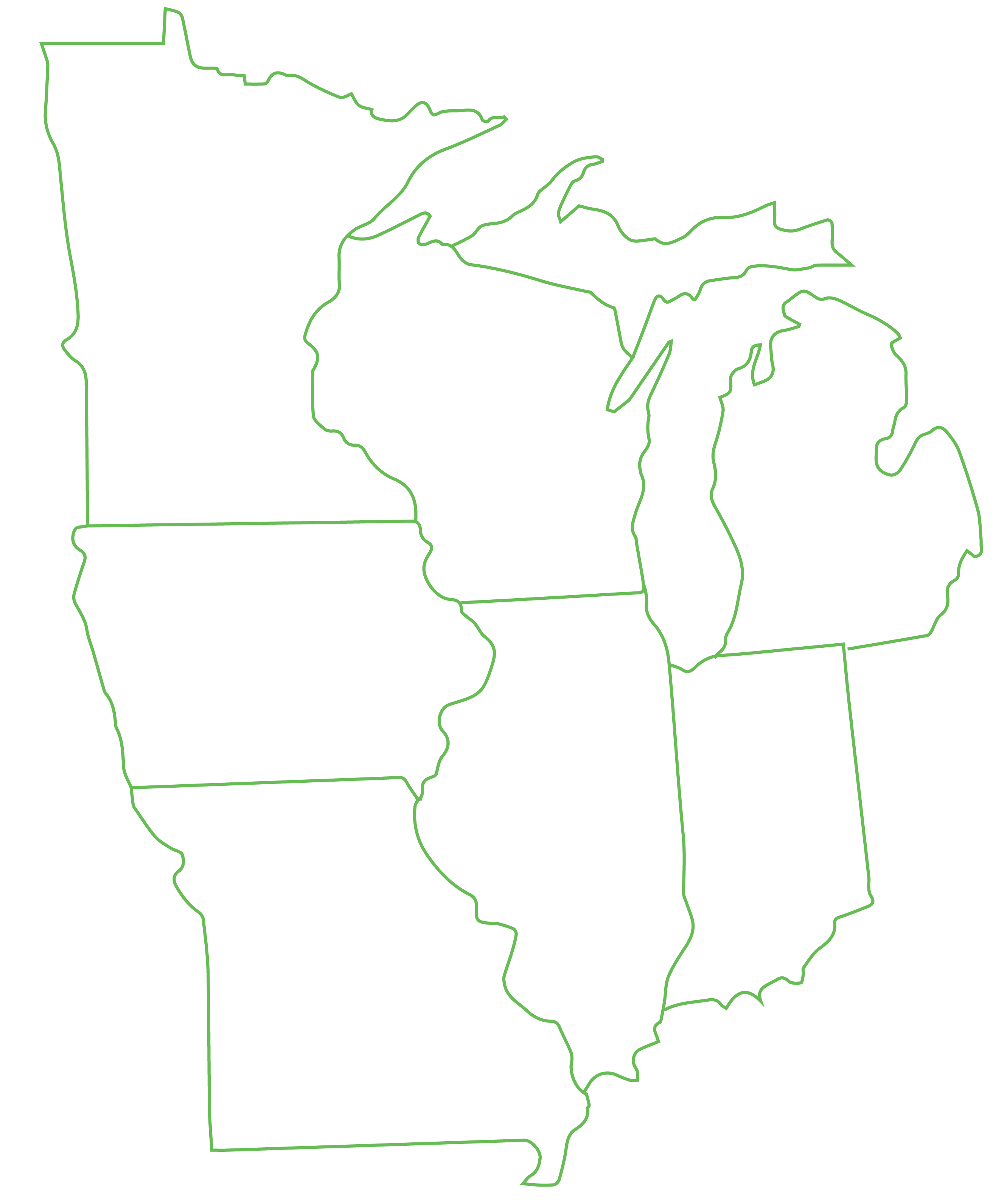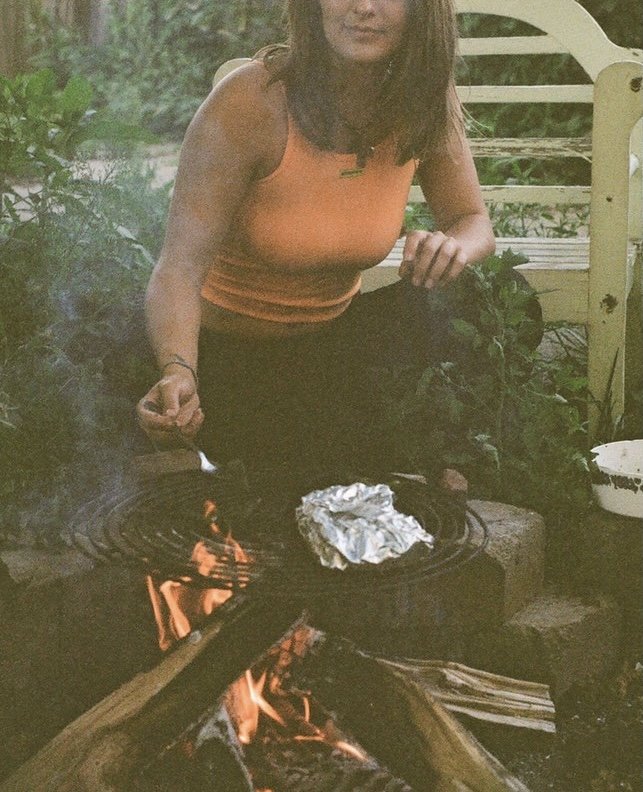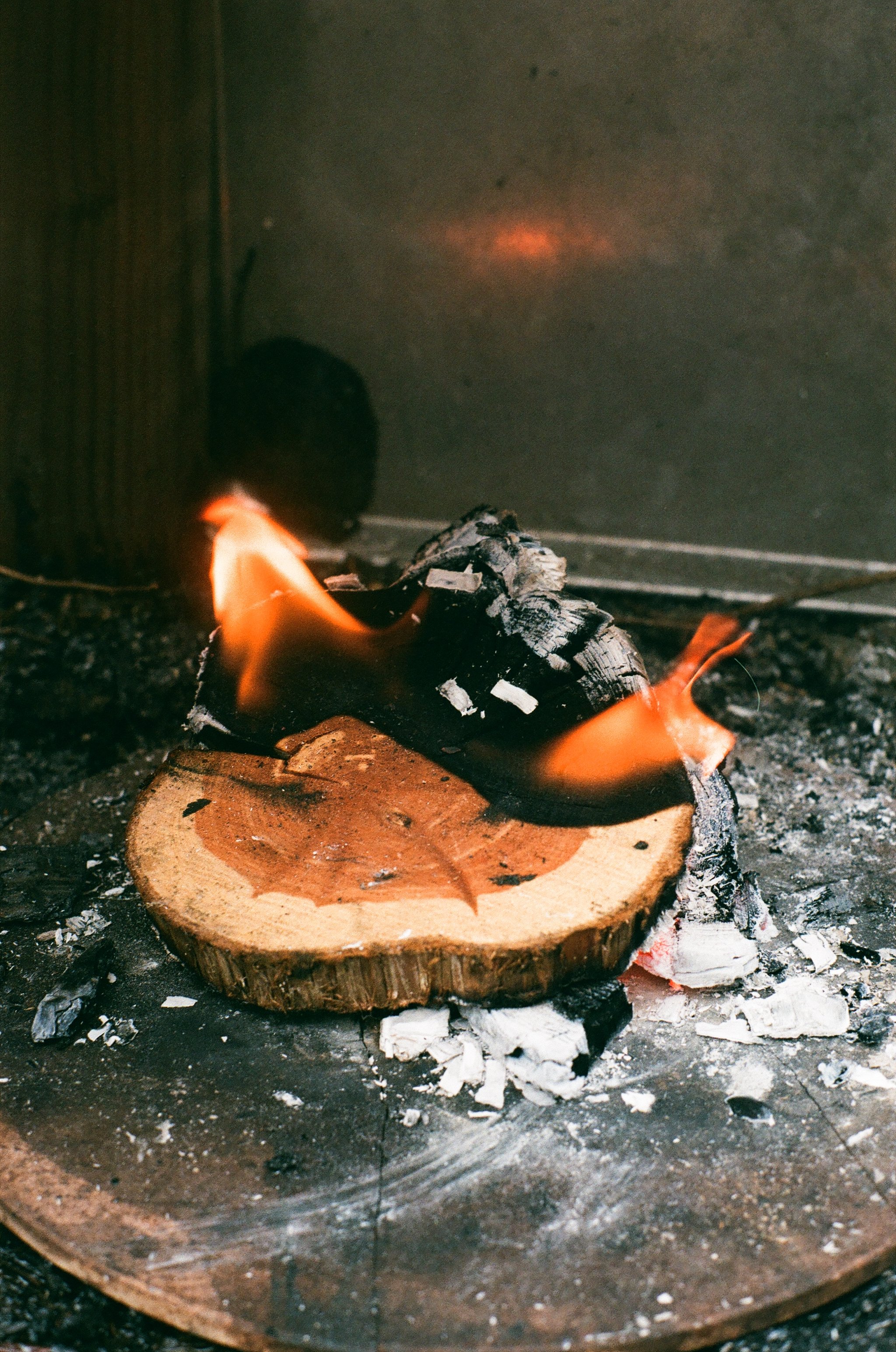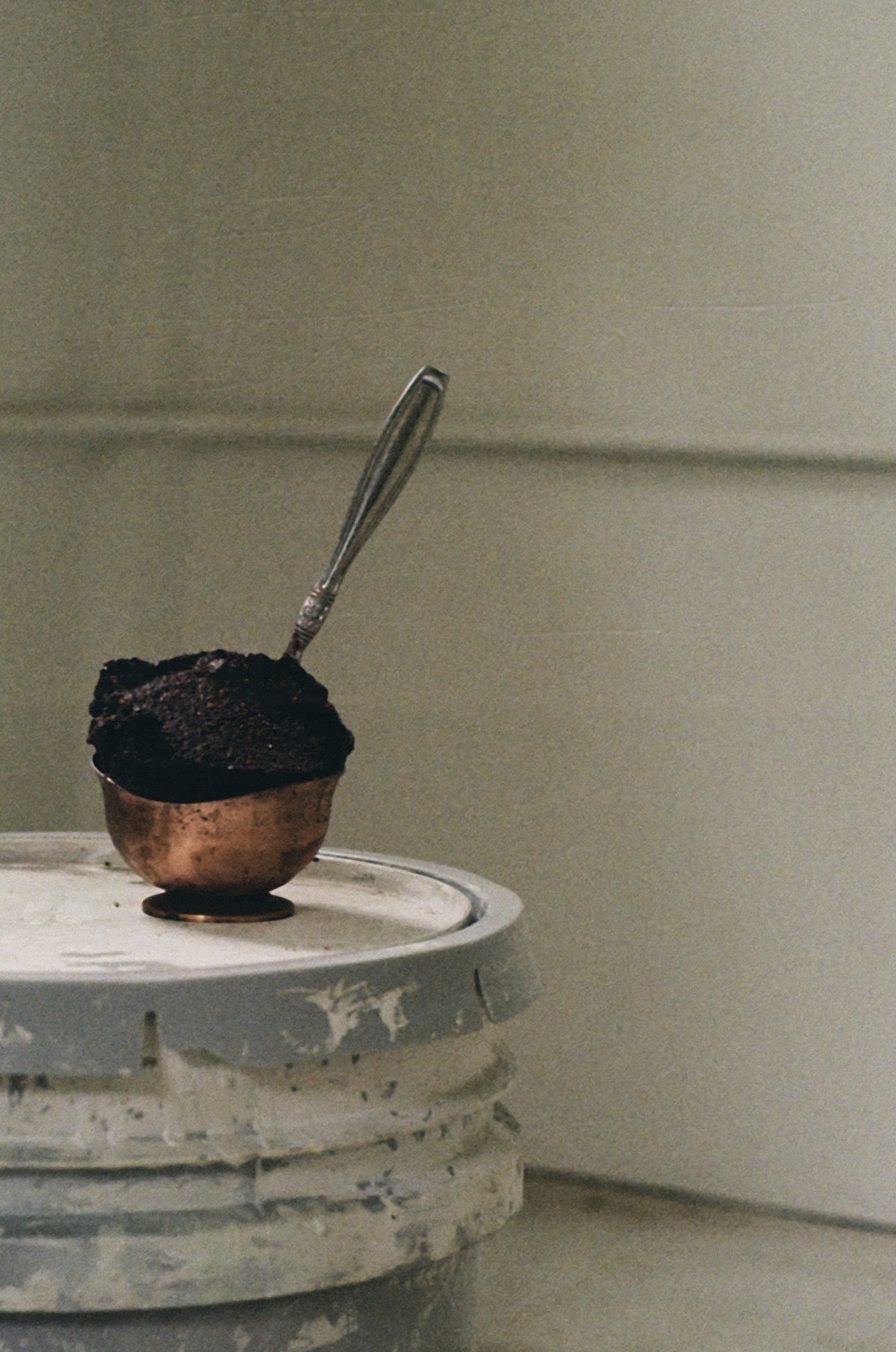In Case of Emergency: Recipes for Collapse
Recently, I have heard countless friends, strangers and media outlets refer to our present times as the apocalypse. Usually, they discuss this term in reference to the climate crisis and current pandemic. Last February, the New York Times published an article titled “Climate Change Is Harming the Planet Faster Than We Can Adapt, U.N. Warns,” written by Brad Plumer and Raymond Zhong. The piece covers a scientific report put out by the UN. The takeaway quote was from António Guterres, United Nations secretary general, who referred to the report as “an atlas of human suffering and a damning indictment of failed climate leadership."
It is understandable that people would refer to these times as the apocalypse, but for me, these times are more akin to an apocalypse…one of many. Simply put, I quote Pueblo science fiction, fantasy, and Indigenous Futurism writer Rebecca Roanhorse when I say that “we’ve already survived an apocalypse.” (That particular quote was pulled from another New York Times article about Native American Science Fiction writers and their impact on the genre.) The re-imagined realities that Roanhorse creates often pay homage to traditional knowledge and storytelling. My work has been informed by this work too. Although it might not be immediately obvious, growing food builds an altered form of existence within the realm of science, in a similar fashion to science fiction writing.
To go back to the quote, in the mind of an Indigenous person, a catastrophic event is not such a distant memory. We’ve been living through forced relocation, resource extraction, and MMIW (missing and murdered Indigenous women) crisis, to name a few, and all of which persist while you’re reading this very sentence. Throughout history, our contact with settlers has also resulted in the decimation, dismantling and erasure of our food systems. As an Indigenous farmer, I began working with food from an early age. My journey with growing food began in my grandmother's garden. She taught me how to sow seed, tend, harvest, and preserve. That quote from Rebecca Roanhorse also mirrors the story of our seeds. The apocalypse has happened to them as well, many of our seeds were pushed (some successfully) to the brink of extinction and now we continue the work to bring them back home. The sentiment presented by Roanhorse resonated deeply with me. Our knowledge of plant relatives has helped us throughout many hardships. It changed the way I approach my work with food. By preaching the gospel of these plants, I am working to keep their legacy alive.
A majority of the following recipes utilize "weeds" as primary ingredients; I incorporate these plants in order to encourage others to realize and acknowledge the inherent value of these Native plants and look past their misplaced reputation for being unsavory.
I look toward my ancestors’ future, one that miraculously includes me, and try to honor the knowledge they fought to keep alive.
I have put together five recipes that reflect Indigenous ingenuity, which I present here. They were formed out of Indigenous peoples’ ongoing concern for maintaining close relationships with plant relatives, coupled with a lesson in abundance and community care. Much like our nations, the plants included in these recipes are resilient. They’ve adapted to a shifting climate and can heal depleted soils. In their core they hold invaluable information and medicines.
These ancestral foods are becoming the future tense of nourishment.
Grain Porridge with Wild Greens
Serves 4
Ingredients
5 cups vegetable stock or mushroom stock, divided
1 1/2 cups barley or other drought resistant grains
2 tbsp sunflower or pumpkin oil
2 tbsp salted butter
2 cups packed wild greens such as lambsquarter, amaranth, ramps, nettle
⅓ cup sunflower or pumpkin oil
1 tbsp apple cider vinegar
Salt and pepper to taste
Preparation
Step 1
Heat 2 tablespoons of oil in a large saucepan over medium-high heat. Add grains to oil, toast until fragrant and golden brown. Turn heat down to medium-low.
Step 2
With a ladle, add half of the stock into the pan, stirring occasionally until the grains absorb the liquid. Repeat the process, adding ½ cup of stock at a time, until the grains swell and are nearly cooked. Remove from heat, stir in butter, and set aside to cool slightly.
Step 3
While the grain porridge is cooling, fill a medium-sized pot with water and a large pinch of salt. Place on medium-high heat until water comes to a boil. Add greens to pot, blanch for 30 seconds, then quickly transfer to a bowl of ice water. Once they’re cooled, drain greens in a colander and transfer to a blender.
Step 4
To the blender containing the greens; add ⅓ cup oil, apple cider vinegar, salt, and pepper. Blend until mixture is thoroughly pureed and resembles a pesto. Add to grain porridge and combine, serve immediately.
Grilled Mushrooms
Serves 4
Ingredients
1 lb wild or cultivated mushrooms, halved
3 tbsp sunflower oil
2 tbsp fresh herbs, mincedsalt and freshly ground black pepper, to taste
Preparation
Step 1
Heat grill to medium-high. Soak wooden skewers in water while the grill is preheating, 15-20mins,
Step 2
Combine mushrooms, oil, salt and pepper in a large bowl. Gently mix until mushrooms are evenly coated. Thread mushrooms onto pre-soaked skewers and set aside.
Step 3
Place mushroom skewers on the grill. Cook for 6 minutes, flipping halfway through. Remove from heat and garnish with fresh herbs, serve immediately.
Roasted Sunchokes with Purslane Chimichurri
Serves 4
Ingredients
1 ½ lbs medium sized sunchokes, cleaned and halved lengthwise
3 tbsp sunflower or olive oilsalt and freshly ground black pepper, to taste
½ cup purslane chimichurri (see recipe below)
Preparation
Step 1
Preheat oven to 350°.
Step 2
In a large bowl combine sunchokes, oil, salt, and pepper. Toss to coat evenly, transfer to a parchment lined baking sheet and arrange the sunchokes so all the halves are facing down.
Step 3
Place in the preheated oven. Roast sunchokes for 45mins-1 hr or until fork-tender, and slightly caramelized. Let cool for 10 min.
Step 4
To a large bowl, combine roasted sunchokes with ½ c. of purslane chimichurri. Gently toss to coat and serve immediately.
Purslane Chimichurri
Makes 2 cups
Ingredients
1 cup purslane leaves
1 cup Italian parsley leaves
1 cup cilantro
1 tbsp chopped fresh oregano or bee balm
3 cloves garlic, minced
½ chili pepper, remove seeds for a milder result
½ cup extra virgin olive oil
2 tbsp red wine vinegar, or to taste
salt and freshly ground black pepper, to taste
Preparation
Step 1
Add garlic and chili pepper into a food processor, pulse for a few seconds.
Step 2
Next add purslane, parsley, cilantro, and oregano to the food processor. Blend for 10 seconds or until the herbs are finely minced.
Step 3
Slowly add in the oil and vinegar. Mix until all the ingredients are thoroughly combined, season with salt and pepper to taste.
Mulberry Sorbet
Serves 2
Ingredients
2 cups frozen mulberries
½ cup liquid sweetener such as simple syrup, sorghum, maple or agave
2 tsp crushed sumac (optional)
Preparation
Step 1
Add mulberries to a small food processor, pulse a few times to break up berries.
Step 2
Slowly add in your choice of liquid sweetener and optional sumac. Process until desired consistency.
Step 3
Serve immediately or transfer into a freezer safe container and store for up to 5 days.






